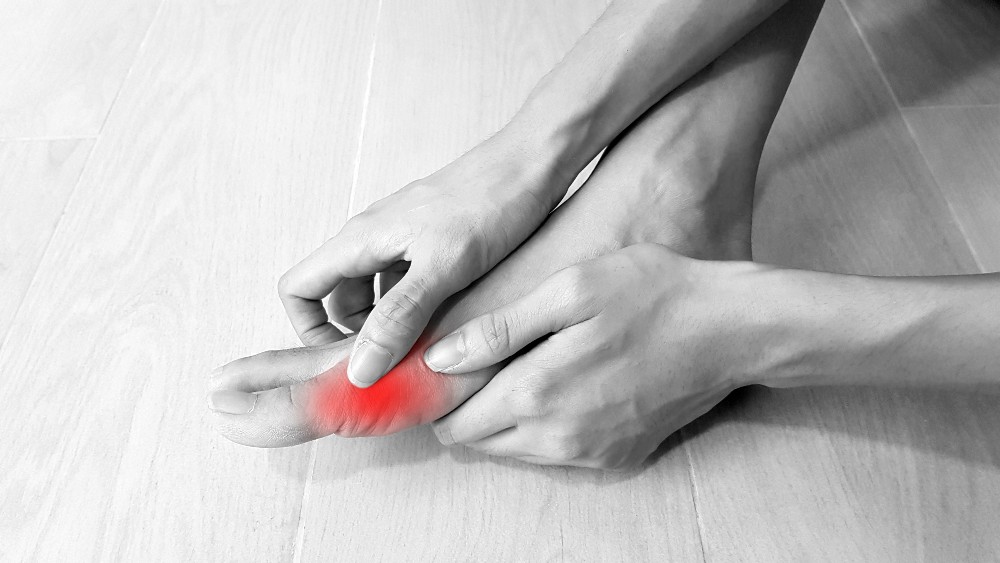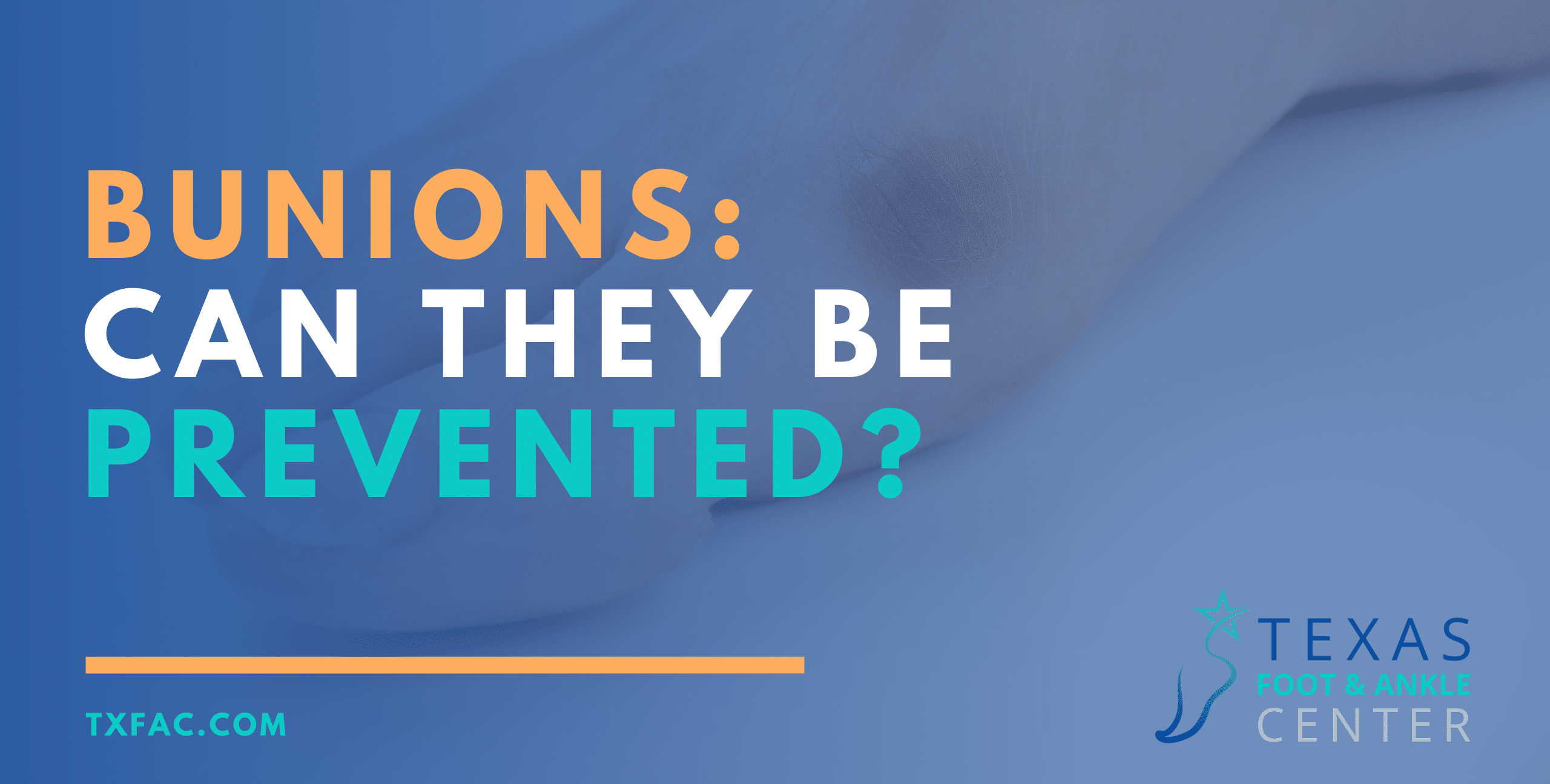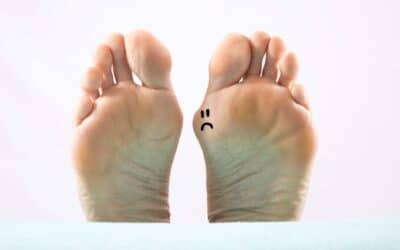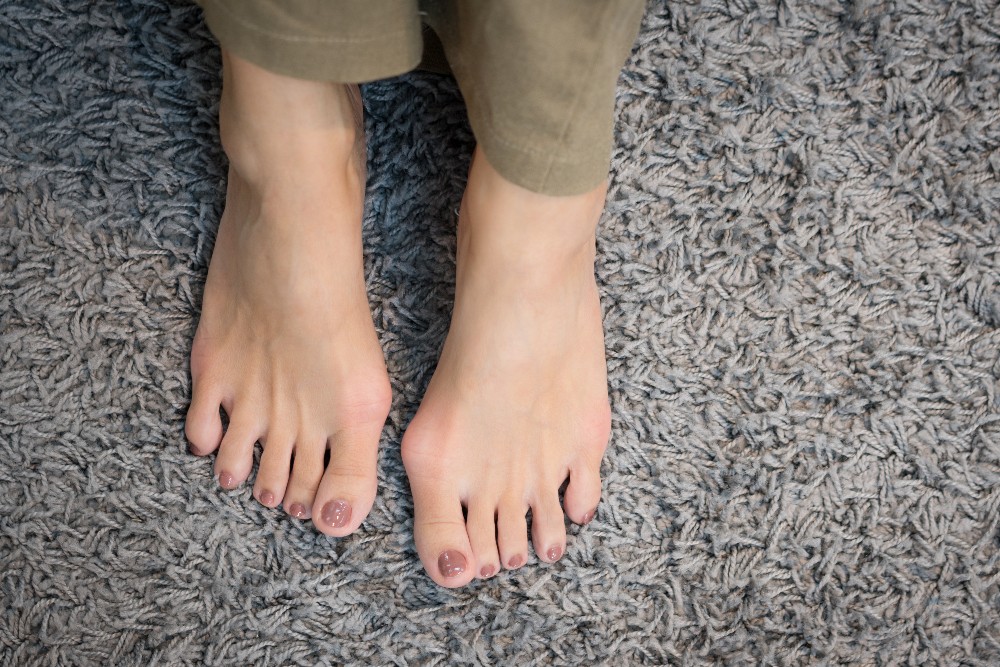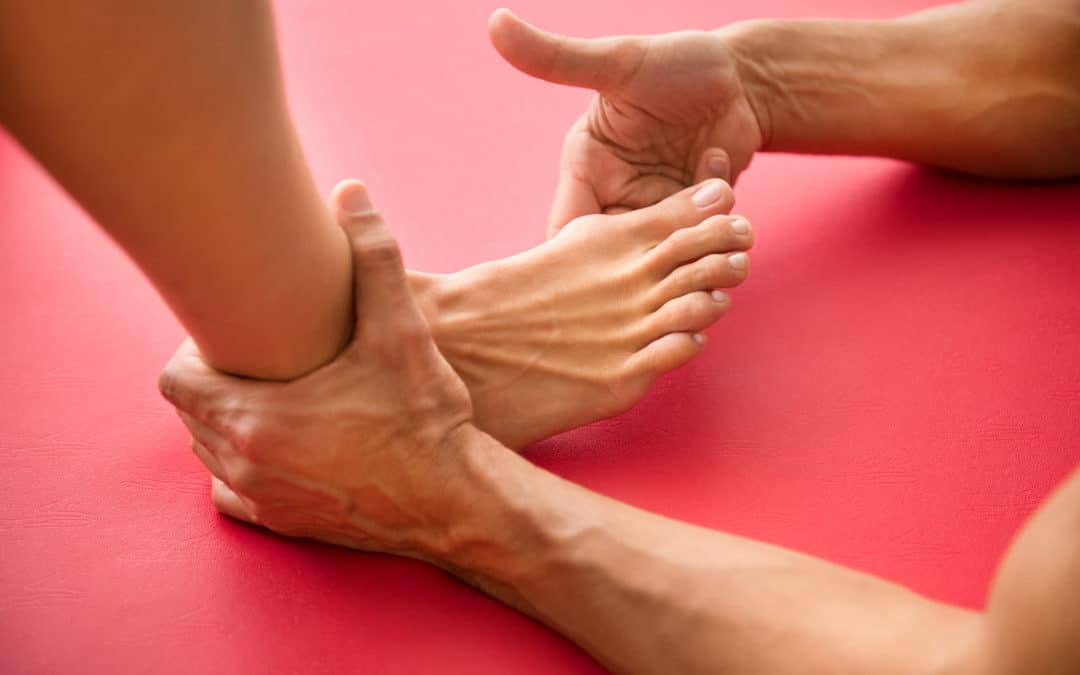If you have foot pain, you want to know what is causing it. But have you ever imagined that bunions could be the cause of your foot pain?
Bunions are painful bumps that form on your feet. While this can be alarming, there are ways to prevent bunions ahead of time. And even if you do have them, it doesn’t mean you need to live a lower quality of life. Instead, there might be some things you can do to help prevent your bunion or bunions from getting worse!
Read on to find out what bunions are and how you can avoid them starting today!
The Causes of Bunions
A bunion is a bump that forms on the outside of your big toe. This bump is bony in nature and causes your toe to become misaligned, pushing the big toe into your other toes and causing them to bunch up. The bunion, without treatment, can get worse and cause large amounts of foot pain.
Many times, people inherit bunions genetically. Chances are that if your father or mother has bunions, you may develop them too. This doesn’t mean you did anything wrong, but it might be nice to know about your family history.
Bunions don’t always form from genetics though. Pressure on your foot from too tight of shoes, or a foot injury can cause a bunion to form slowly over time. At first, you may not even realize it is occurring, until it noticeably sticks out and becomes painful.
The Symptoms of Bunions
In order to stop the progression of a bunion, it is important to know what the symptoms are so you can catch it in time.
Symptoms can range from person to person, but generally, you may be experiencing one of the following:
- Ongoing big toe pain.
- Ongoing foot pain.
- Visible bony bump on your big toe joint.
- Decreased movement of your big toe.
- Other toes are crunched by the big toe moving towards them.
Eventually, these bumps may become so painful that you are unable to find a comfortable pair of shoes. But if you notice the symptoms immediately, you may be able to prevent bunions.
Can You Prevent Bunions?
In some cases, bunions are avoidable. In other cases, you can slow the progression of the bunion or find pain management treatment.
If you don’t have a family history of bunions, then there are a few ways to try and keep them off your radar. Let’s talk about this:
- Pick your shoes carefully. Everyone loves to pick out a fashionable pair of shoes, but you should also consider the effect the shoes will have on your feet. Avoid shoes that have a narrow toe box and puts pressure on your big toe. High heels especially put weight on your big toe. Rather choose shoes that have room in the toe box, that also have good arch support, and never risk wearing the wrong size. You also can choose to get custom orthotics to provide support to your feet while also keeping them aligned correctly with the rest of your body!
- Exercise and rest your feet and toes. Just like the rest of your body, your feet need exercise too! Exercising your feet will help them resist misalignment. But be sure that you also give your feet plenty of rest too, because overworking them can cause them damage just like it can with the rest of your body.
- Check your feet. Checking your feet on a daily basis is the best way to make sure your feet are healthy. Make it a part of your daily foot care checklist so that you can monitor your feet for any bumps! If you notice anything unusual, call our office right away to schedule an appointment to have it checked out. The sooner you get a bump or any foot pain checked out, the easier it is to treat the cause of the problem.
If you already have bunions, medication and surgical treatment will be the best way to treat them. However, if you catch your bunions during the earliest stages, there is a likely chance we can try non-surgical methods to help with your foot pain. That sounds much better, right?
Contact us Today to Solve Your Bunions
At Texas Foot and Ankle Center, we strive to ensure you live the best life you can, free from bunions and other foot issues. Should you need bunion corrective surgery, or non-surgical treatments for bunion pain, our doctors know state-of-the-art methods to help.
If you are experiencing foot pain or other symptoms, do not hesitate to contact us today at (214) 660-0777 or request an appointment online so we can help!
